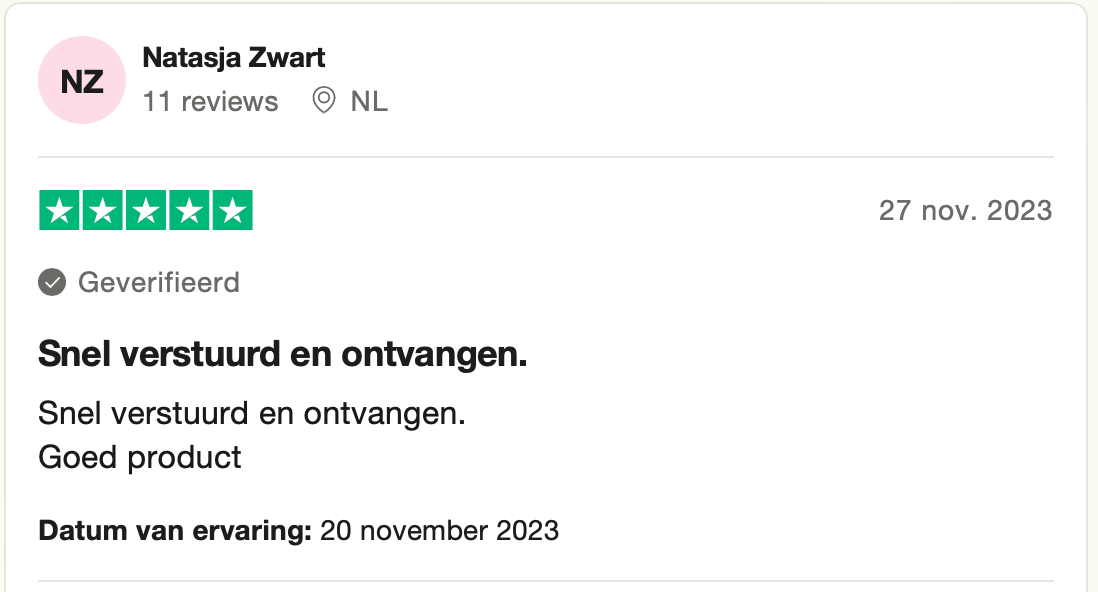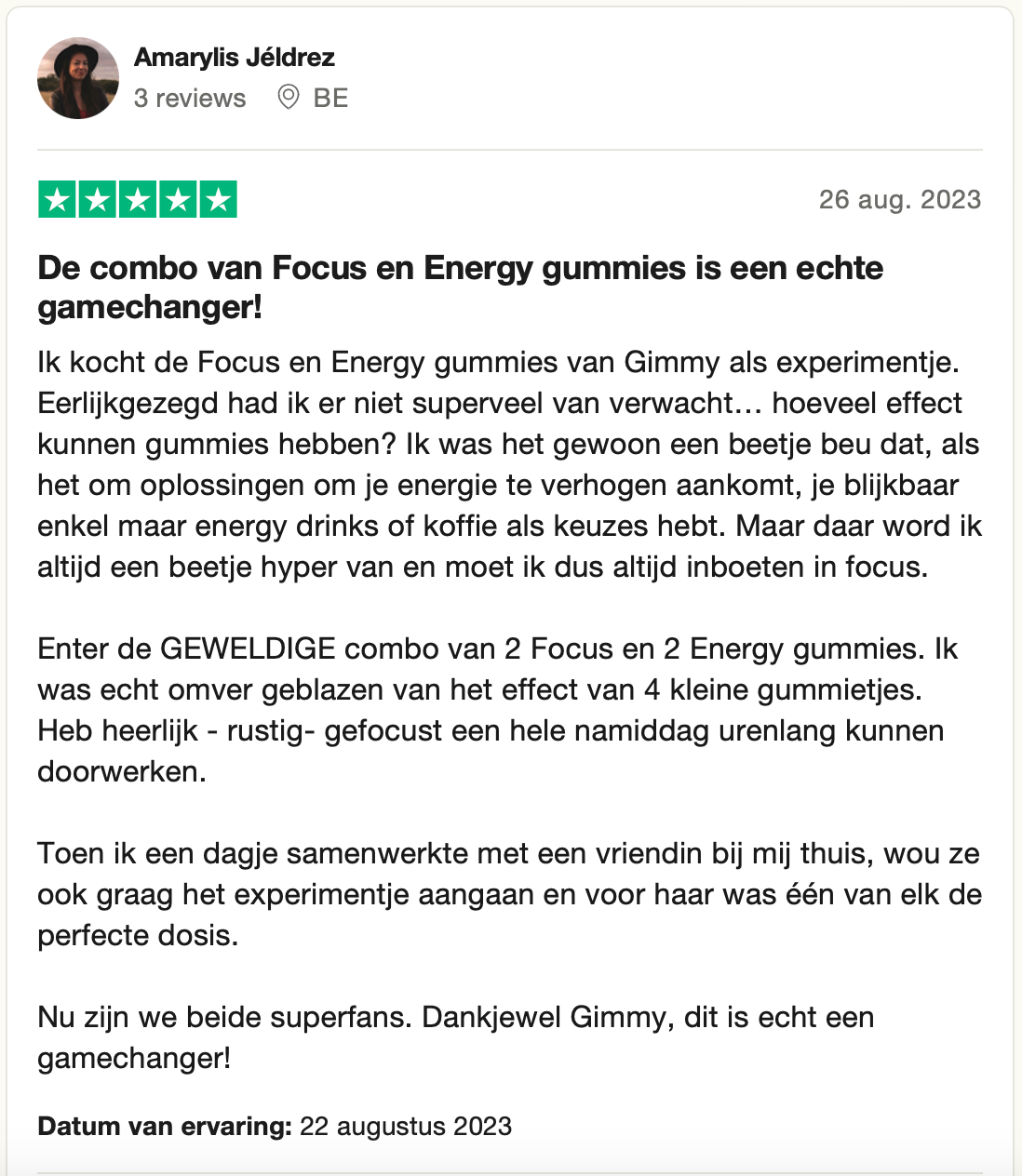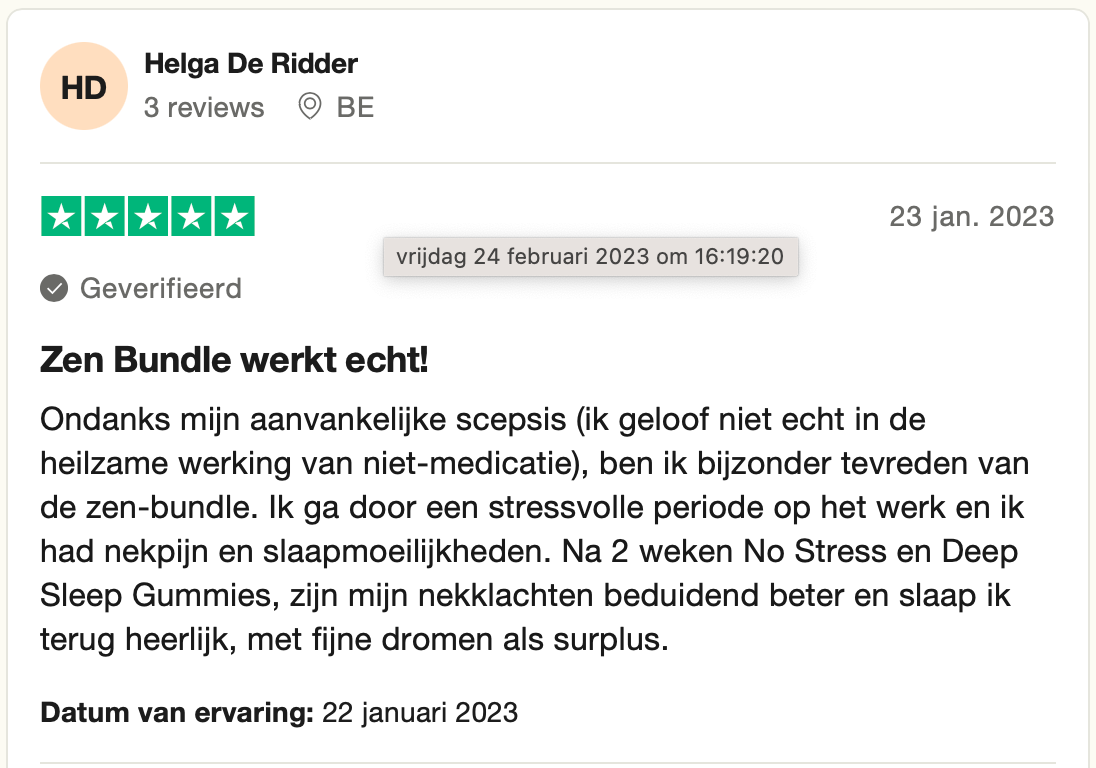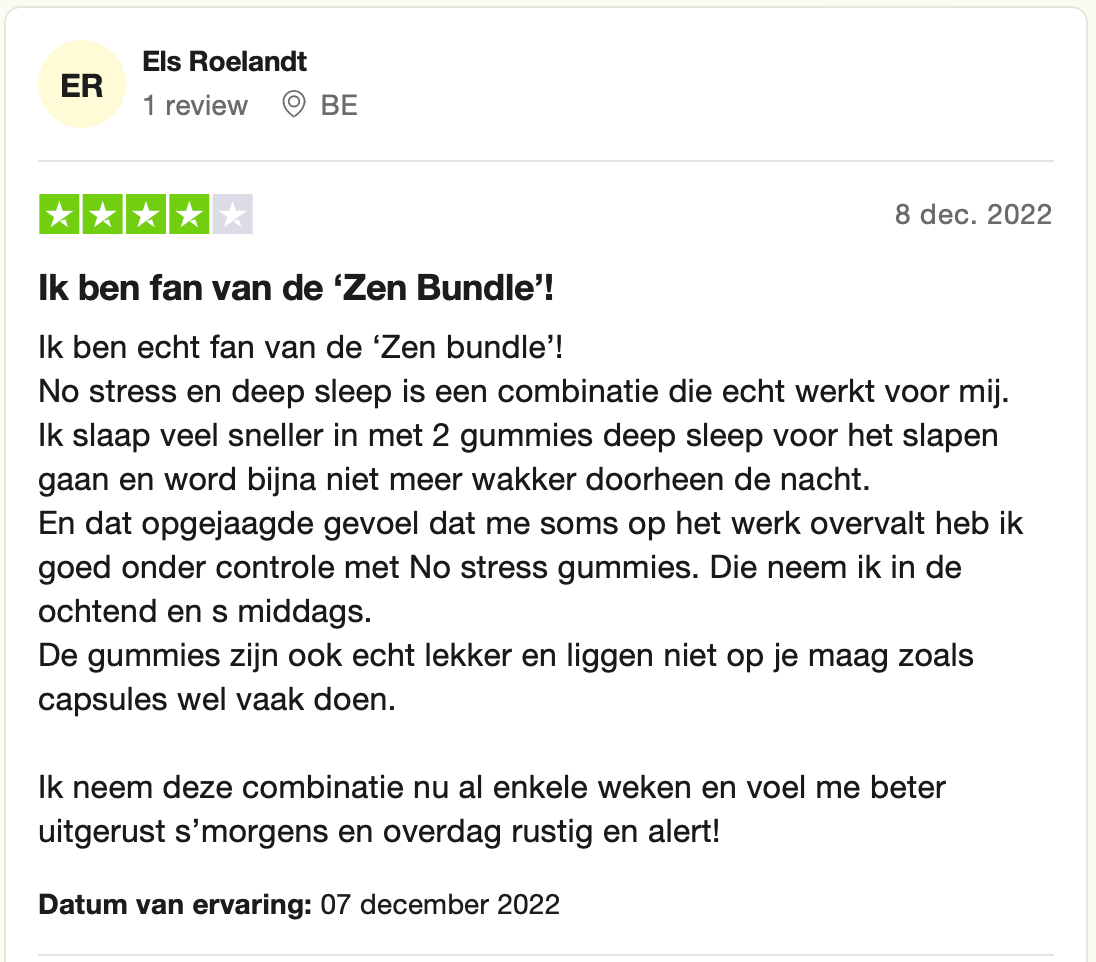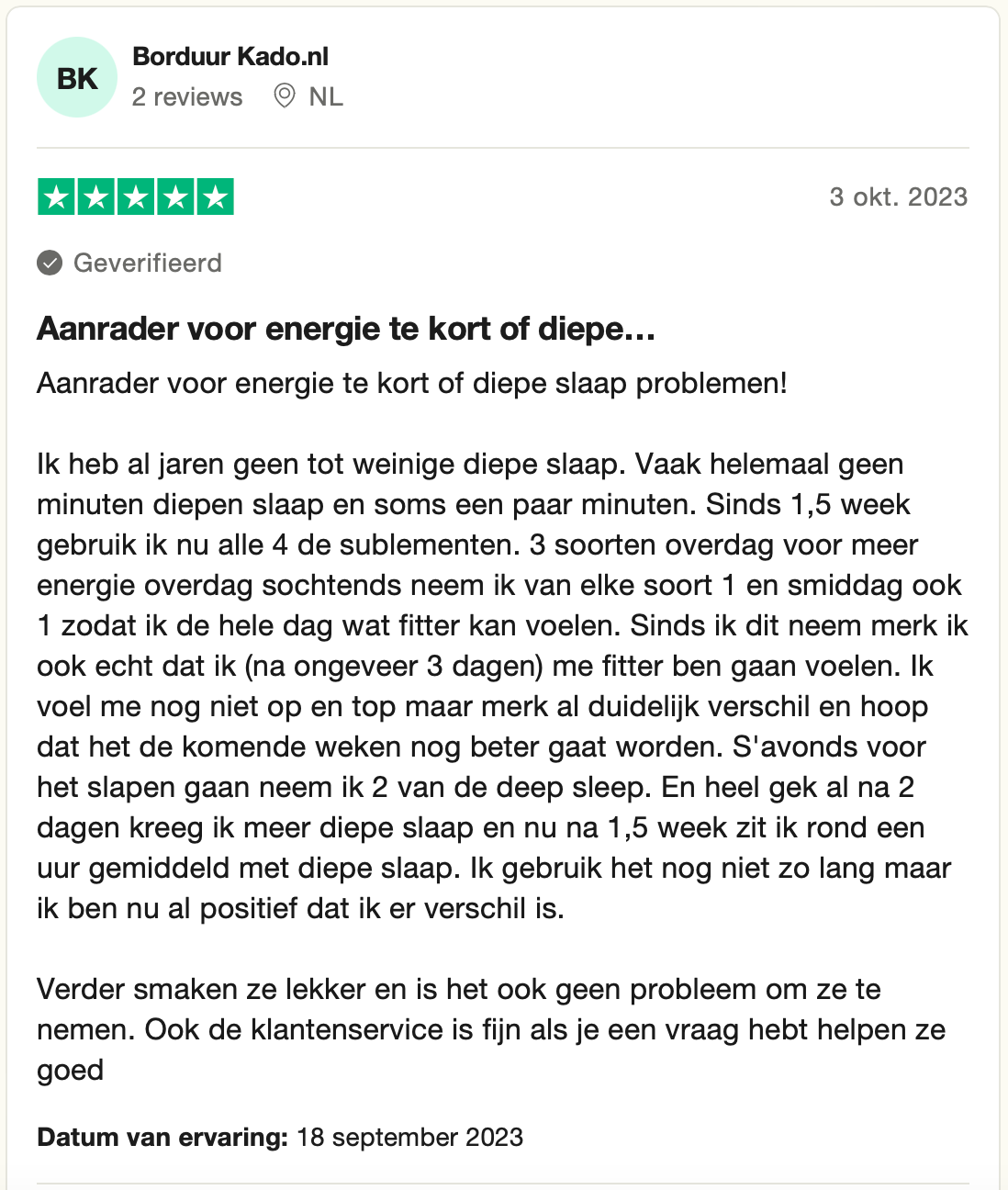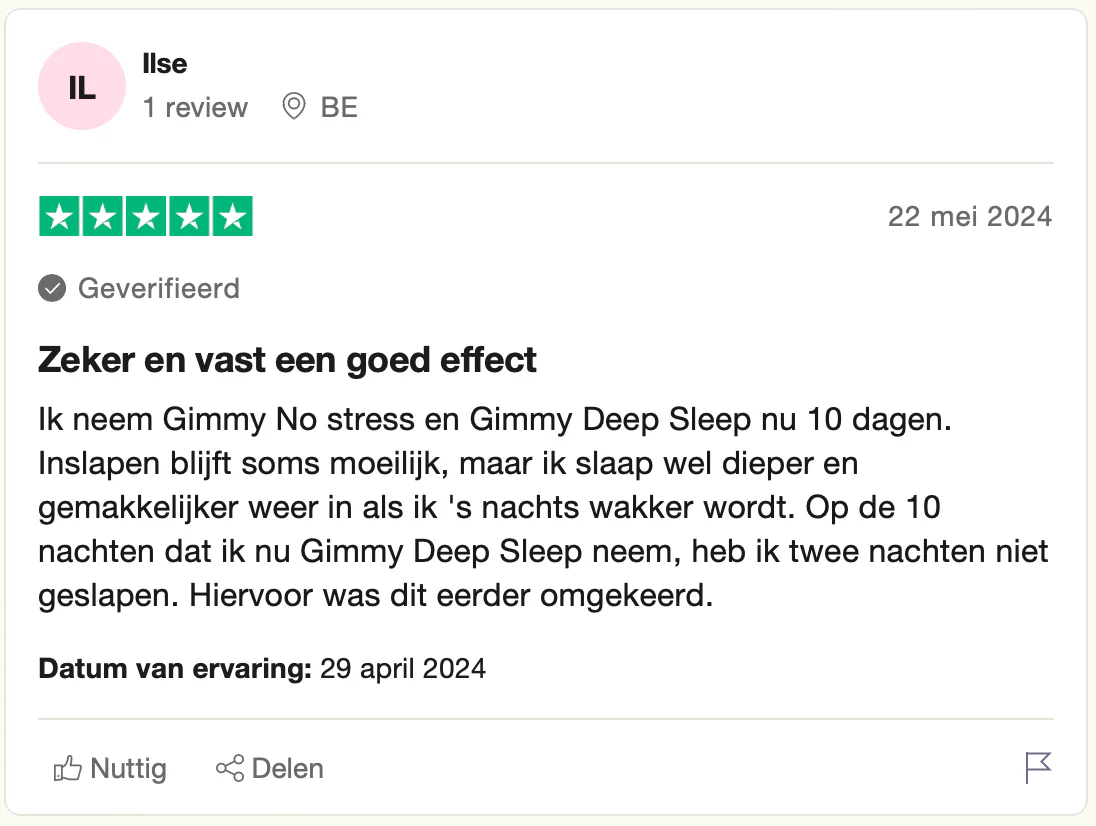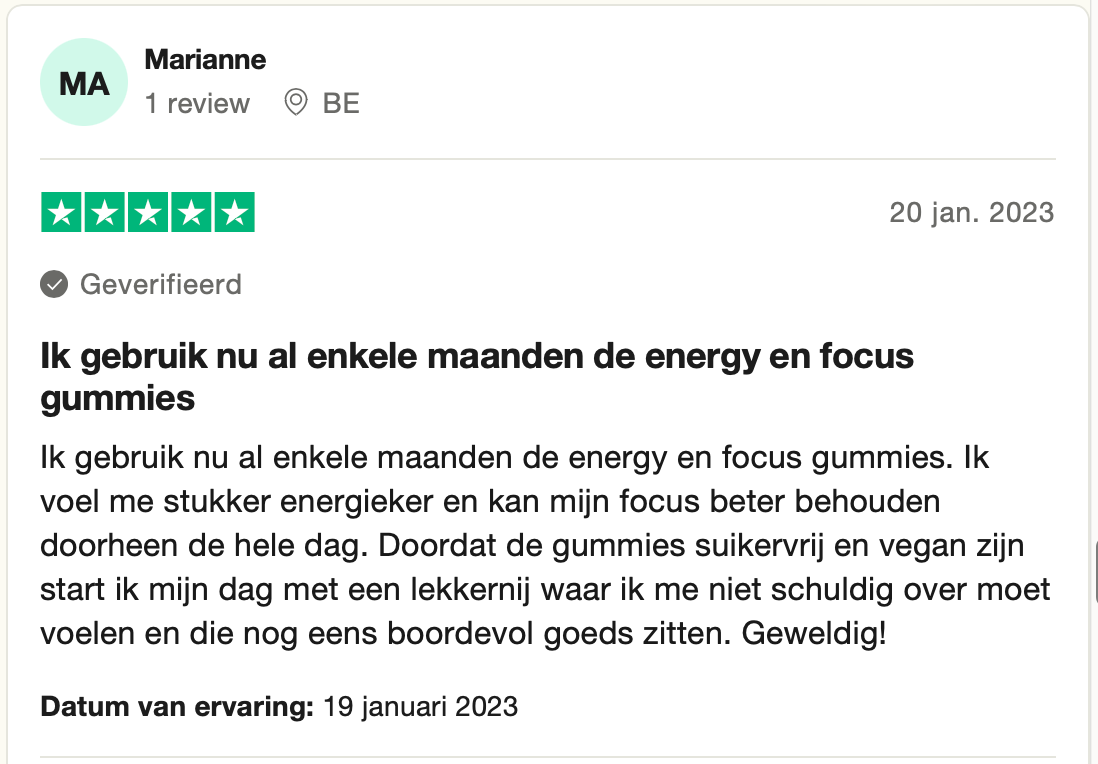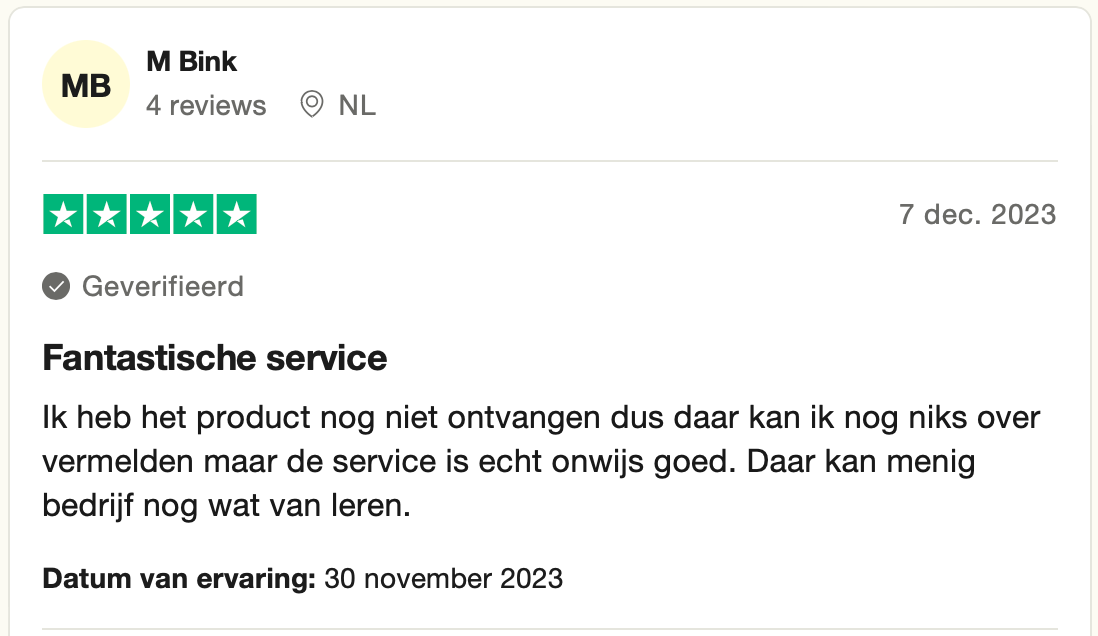Mental Health: Essential for Your Work-Life Balance
by Barbara Lucia Cipriani on Jun 05, 2023
Mental Health: Essential for Your Work-Life Balance.
Do you ever get caught up in the rut of daily routines and feel exhausted and overwhelmed? It’s time to prioritize your mental health and discover how it can impact your work-life balance .
Taking control of your mental wellbeing can help you live a more productive life, maintain better relationships, and live a truly fulfilling life. In this article, we’ll dive deeper into the importance of mental health and explore practical tips that you can easily incorporate into your personal and professional environments.
Uncovering the Essence of Mental Health
According to the Center for Disease Control and Prevention, the meaning of mental health is :
"Mental health encompasses our emotional, psychological and social well-being. It affects how we think, feel and act. It also determines how we cope with stress, interact with others and make healthy choices. Mental health is important at every stage of life, from childhood and adolescence to adulthood."
The Silent Struggle: Mental Disorders
In 2019, the World Health Organization revealed a striking statistic: one in eight people worldwide experienced some form of mental distress, with anxiety and depressive disorders being the most common.
These mental health problems manifest in different ways, such as:
- Anxiety disorders.
- Depression.
- Bipolar disorder.
- Post-traumatic stress disorder (PTSD).
- Schizophrenia.
- Eating disorders.
- Disruptive behavior and dissocial disorders.
- Neurodevelopmental disorders.
For a better understanding of these diseases and their symptoms, you can consult the extensive resources in the World Mental Organization article .

The Clear Link Between Mental Health and Your Work-Life Balance
The connection between mental health and work-life balance cannot be overstated. When work takes up a large portion of your time and energy, it can lead to chronic stress and exhaustion at worst. Ignoring the importance of your personal life can have more serious consequences than you first think.
This imbalance and constant pressure are often at the root of mental health problems such as anxiety, depression and burnout.
On the other hand, a healthy work-life balance offers numerous benefits. It allows us to prioritize self-care and set boundaries. We can take time for activities that promote relaxation, encourage socialization, and foster personal growth. By maintaining this balance, we can recharge, renew, and maintain optimal mental well-being. It is an investment in our personal lives that not only brings us fulfillment, but also a deeper sense of purpose and meaning, far beyond our professional responsibilities.
So let’s not forget to invest time and energy in our personal lives. It is essential to find a healthy balance between work and private life. It will not only promote our well-being but also enrich our lives with joy, fulfillment and discovering our true potential.
Easy Tips to Improve Your Mental Health
-
Discover the power of exercise
Regular exercise is not only beneficial for your physical health, but it also plays a crucial role in your mental well-being. Exercise stimulates the release of endorphins, known for their ability to reduce stress, anxiety, and depression. Incorporating exercise into your daily routine can improve your mood and boost your cognitive functions. Even a brisk walk during your lunch break can significantly contribute to improved focus and productivity throughout the rest of the workday.
2. Maintain meaningful connections
Fostering social connections is essential for maintaining good mental health. Spending time with friends and family promotes a sense of connection and purpose, which effectively reduces stress and anxiety. Simple interactions, such as grabbing coffee together or having a heartfelt conversation on the phone, can improve your mood and enhance your mental well-being.
Additionally, social support acts as a source of comfort during difficult times, further boosting your mental health. So why wait? Pick up the phone and connect with a loved one today.
3. Recognize the power of support
It is crucial to seek help if you are feeling overwhelmed or struggling with mental health issues. Seeking support from a trusted friend, family member or mental health professional can help you cope with stress, anxiety and depression. Sometimes, simply talking to someone can help alleviate negative thoughts and emotions.
Seeking support can also provide you with the tools and resources you need to manage your mental health and maintain productivity in both your professional and personal life.

So, what are you waiting for? Take action and start taking steps to improve your mental well-being today. You deserve to take care of yourself!

Our satisfied customers





